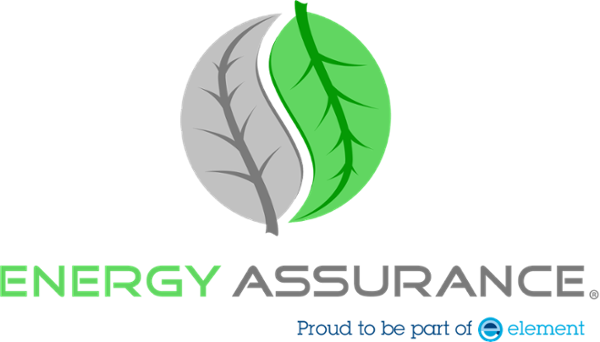
President Biden recently signed a climate bill that includes tens of billions in incentives for a rapid build-out of domestic electric vehicle (EV) and battery manufacturing. In the past, lawmakers had approached the issue from the consumer side, with discounts to make EVs cost less for buyers. This bill is a realignment that shifts attention to manufacturers, rewarding them for building EVs with U.S.-made batteries. The notion is to speed up the growth of domestic manufacturing, and therefore drive down costs in a stable, long-lasting way.
Charging Up the Battery Belt
The climate bill represents a strong step forward in addressing climate change, but it’s also a windfall for what some have coined the “Battery Belt.” This stretch of the U.S. heartland, spanning a broad region of the South and Midwest, is where many EV and EV-adjacent manufacturing sites are springing up to support this rising industry.
With this new legislation in place, many automakers, battery suppliers, and other supply chain partners in the Battery Bely will now be eligible for generous federal loans and tax credits to defray costs and spark further investments and expansion.
As executive director Joe Britton of the Zero Emission Transportation Association told Axios, lawmakers are not "just putting on new rules and saying, 'good luck.' They're putting tens of billions of dollars on the table to help [automakers] get there."
A Financial Jolt For Materials, Cells, Modules, and Auto Plants
The subsidies, tax credits, and grants promised by the new law are incentivizing U.S. production up and down the supply chain. Here’s just a quick look at some of the ways the money will be allocated:
- U.S.-Produced Battery Cells: $35 per kilowatt hour tax credit — about 35% of the average battery cell’s production cost today.
- U.S.-Produced Battery Modules: $10 per kilowatt hour credit — roughly one-third of the cost of assembling an EV battery pack.
- U.S.-Produced Minerals and Critical Materials: 10% tax credit.
- Retooling For Existing U.S. Auto Plants: $2 billion in grants.
- Building New Factories: Up to a total of $20 billion in loans will be available.
Element and Energy Assurance Are Plugging In
This infusion of vital funding into the Electric Car Battery Belt has major testing facilities like Energy Assurance kicking it into high gear. As one of the leading independent battery testing operators in North America, Element and Energy Assurance are prepared to chip in and do their part in the nation’s accelerating transition to battery power.
With the government defraying automakers’ and battery suppliers’ costs, businesses will have many potential advantages to leverage:
- Savings they can pass on to consumers to encourage more purchases
- Extra money to devote to research, development, and expansion of facilities
- More resources for robust testing and verification of quality, leading to better products
Positioned only a short drive from the city of Atlanta, our battery lab in Gainesville, Georgia is right in the heart of the Battery Belt — and ready to provide industry-leading test capabilities for next-gen EV batteries. Now that we’ve become a part of the Element Materials Technology Group, our labs are backed by extensive resources and uniquely positioned to serve rapidly expanding needs in the sustainable energy market.
Get in touch with us today to learn more and discuss your next project. We work with formats from small to large and all advanced chemistries in safety, regulatory, and performance testing.

